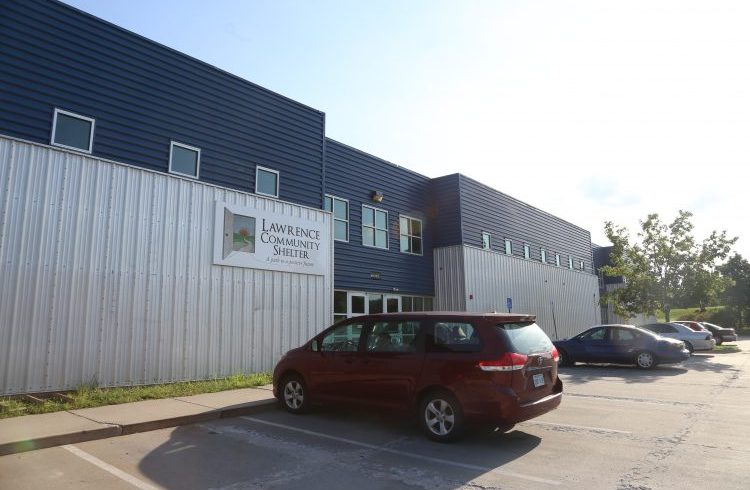


James, I could claim to have experienced a shared spiritual presence, a palpable thickening of emotional connection with people who were not materially engaged. One of myriad evocative sentences: "When ‘Prince of Peace’ rang out over the congregation in 1989 at St. Jackson clarifies issues like whether Johns Hopkins should have a private police force with a full complement of reporting, analysis, introspection, and lament. The author’s command of factual detail is matched by the laser clarity of his childhood memories, whether offering a taxonomy of his elementary school teachers or recollecting the loan of a landscaping tool by a neighbor. It was a year after the police killing of Freddie Gray set the city aflame, and Jackson's purchase of a home in a historically White neighborhood is the point of departure for a series of essays that seamlessly blend history, journalism, and memoir. In 2016, Jackson, a noted historian and biographer, returned from a professorship in Atlanta to his hometown of Baltimore, where he had been offered a joint appointment in history and English by Johns Hopkins, and he now directs the Billie Holiday Project for Liberation Arts. It establishes Lawrence Jackson as a maverick, essential writer.The misunderstood city of Baltimore receives a probing portrait by a returning native son. Shelter is an extraordinary biography of a city and a celebration of our capacity for domestic thriving. But his purchase, and what it might mean for his children, provides a foundation for this personal, spiritual, and civic history that captures the raging absurdity of American life. His new neighborhood, Homeland-largely White, built on racial covenants-is not where he is “supposed” to live. With sardonic wit, Jackson describes his struggle to make a home in the city that had just been convulsed by the uprising that followed the murder of Freddie Gray. This would be unremarkable but for the fact that he grew up in West Baltimore and his job was at Johns Hopkins, whose vexed relationship to its neighborhood, to the city and its history, provides a point of departure for this captivating memoir in essays. When Lawrence Jackson accepted a new job teaching in Baltimore, he searched for schools for his sons and bought a house.


 0 kommentar(er)
0 kommentar(er)
